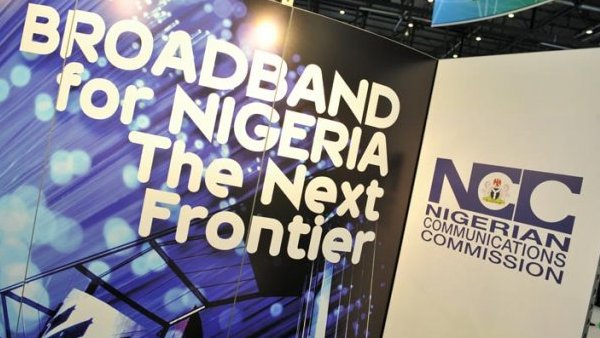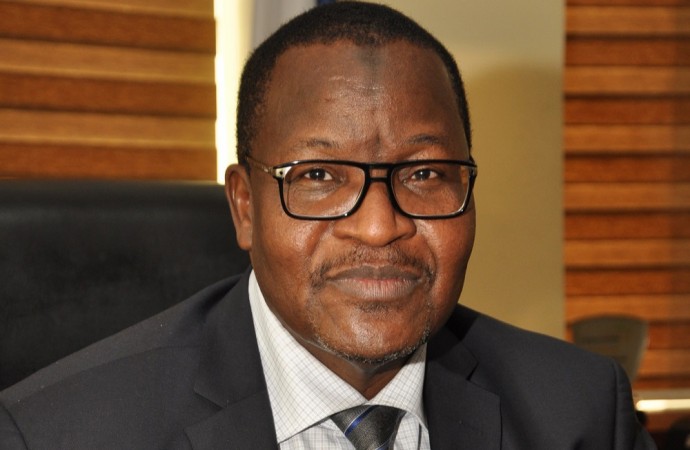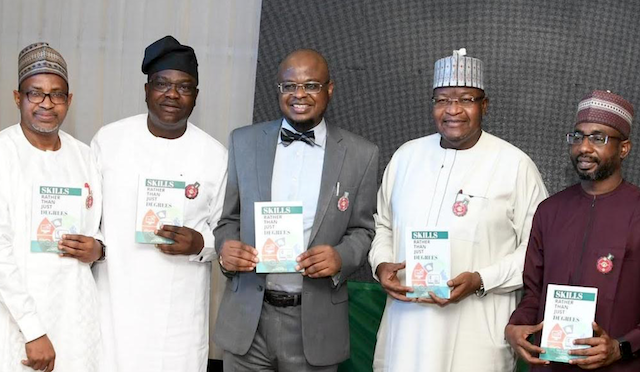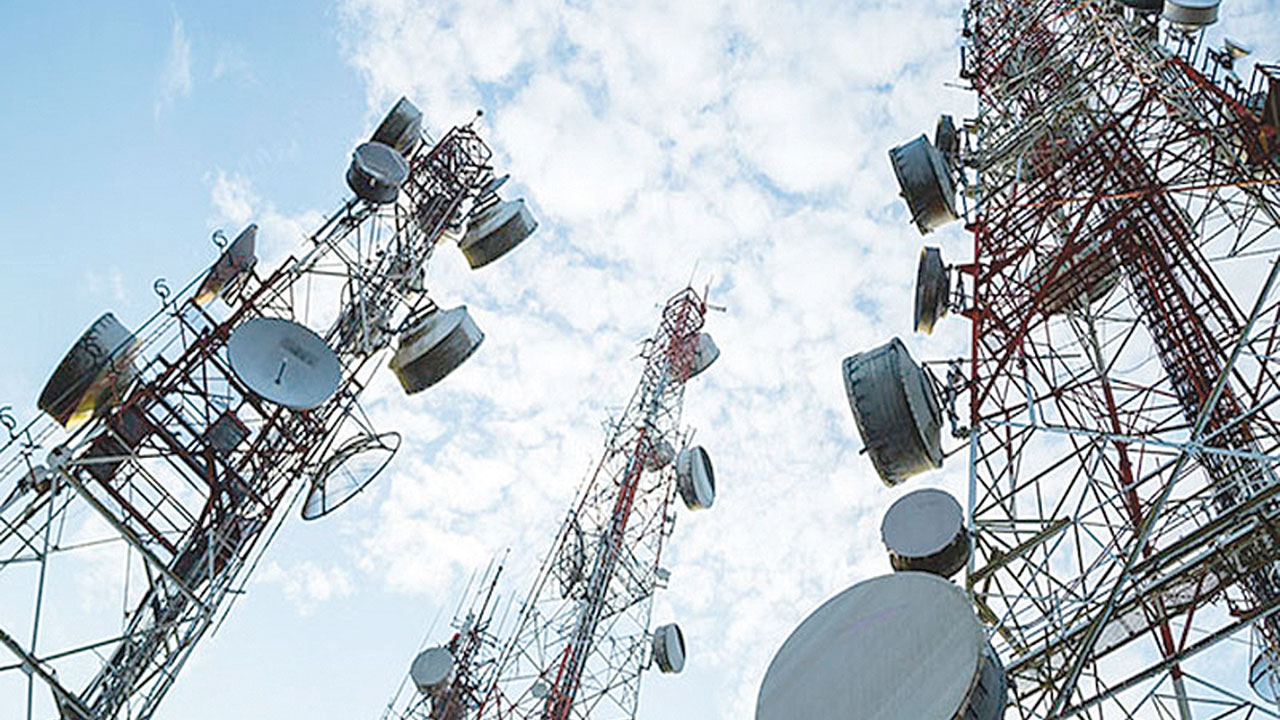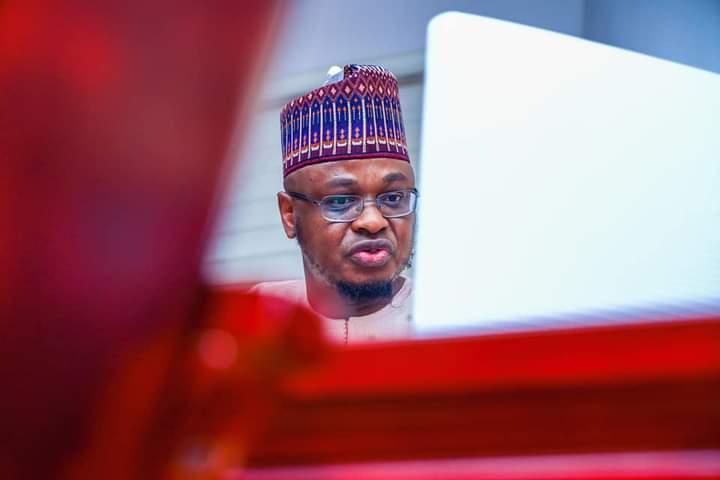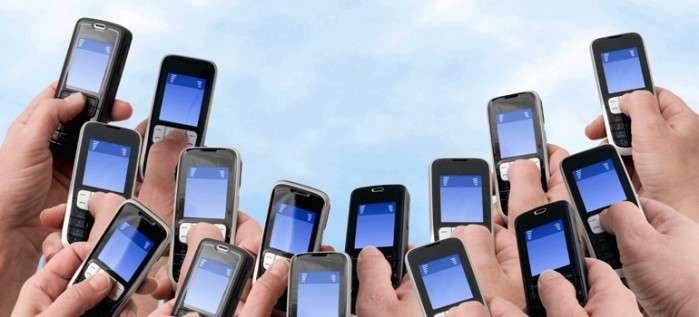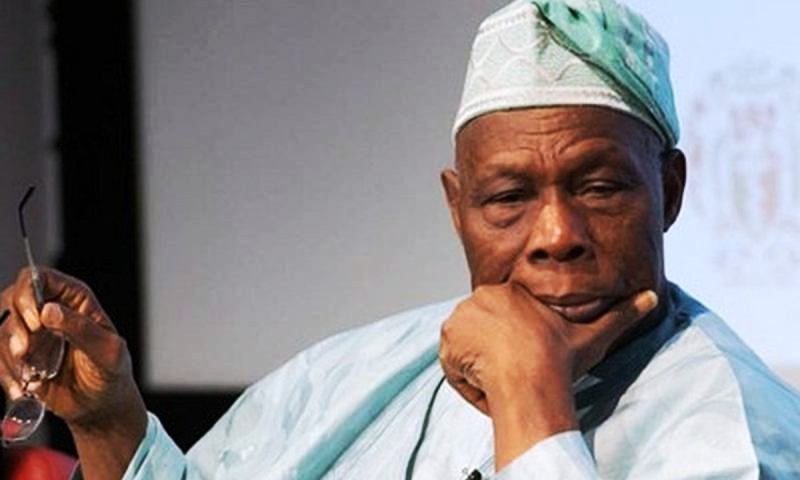Fibre One, a broadband provider in Nigeria, has revealed that the significant broadband access gap is costing Nigeria an estimated $15 billion annually.
The Chief Experience Officer of FibreOne, Yinka Isioye, said this during his keynote address at the 21st Titans of Tech Conference, Expo and Awards in Lagos on Friday evening.
The theme of the event was “Game Changers: Shaping the Future of Technology.”
Isioye emphasised the critical importance of broadband, describing it to be as important as oxygen and the foundational infrastructure for all digital ambitions, including education, healthcare, SMEs growth, fintech and smart cities.
He lamented that despite its importance, over 60 per cent of Nigerians and over 70 per cent of Africans still lacked reliable broadband access, leaving millions excluded from vital opportunities.
Highlighting the impact of inadequate connectivity on opportunities, he cited an example of how he missed a life-changing interview years ago due to poor internet access,
“Our internet speeds are five to ten times slower, yet two to four times more costly per megabit per second.
“According to the World Bank, every 10 per cent increase in broadband penetration yields 1.4 per cent GDP growth in developed countries
“For Nigeria, achieving just 30 per cent additional penetration could unlock at least $19 billion more with a multiplier effect potentially boosting annual GDP growth by over $45 billion,” he said.
Isioye warned that without improved broadband, over 45 million students in Nigeria risked being left behind, while telehealth would remain inaccessible for rural communities.
He noted that Nigeria was losing billions in potential foreign exchange by not becoming a global outsourcing hub.
Isioye stressed that the $15 billion annual cost of the broadband gap was nearly four times Nigeria’s combined health and education budgets, and equivalent to the federal allocations received by one of Nigeria’s 36 states every year.
Isioye identified several key challenges hindering broadband expansion, including exorbitant fiber deployment costs ranging from $30,000 to $50,000 per kilometer in Nigeria.
He attributed these high costs to expenses for civil works, right-of-way (RoW) fees, security and community levies and difficult terrain.
Isioye also highlighted power instability, noting that 30 per cent to 40 per cent of operational expenditure for most providers went to diesel or other power sources.
Furthermore, he noted that the low Average Revenue Per User (ARPU) – between $10 to $20 for Nigerian broadband users compared to $50 in advanced markets – significantly extended return on investment timelines, making the business case challenging.
Despite these hurdles, Isioye lauded Internet Service Providers and Mobile Network Operators for their continued efforts in innovating, investing and expanding networks.
He also commended the strategic moves made by the Nigerian government, including President Bola Tinubu’s commitment to a digital-first economy and the leadership of the Minister of Communications, Innovation and Digital Economy, Dr Bosun Tijani, in driving relevant policies.
Isioye, however, called for concrete solutions to bridge the broadband gap.
He suggested mobilising pension funds and local investors for long-term financing and promoting shared rural fiber consortia and MNO/ISP resource pooling, and enabling Mobile Virtual Network Operators (MVNOs) for efficient rural broadband delivery.
He also advocated for community-driven networks, public-private partnership WiFi zones and the scaling of solar-powered micro-base stations.
Isioye also suggested broadband for job schemes, where the government could offer tax credits to ISPs providing discounted access to households with unemployed youth undergoing digital skills training.
He reiterated FibreOne’s belief that broadband was more than just cables and signals, but “life-changing connectivity” empowering education, innovation, healthcare, and national progress.
Also speaking at the event, the Convener of Titans of Tech Conference, Mr Pedro Aganbi, said that the theme of the event reflected its mission to spotlight the extraordinary individuals and institutions who were not just adapting to change, but driving it.
Aganbi noted that it was also for those bold enough to rethink systems, build smarter solutions and inspire new ways of working and connecting.
